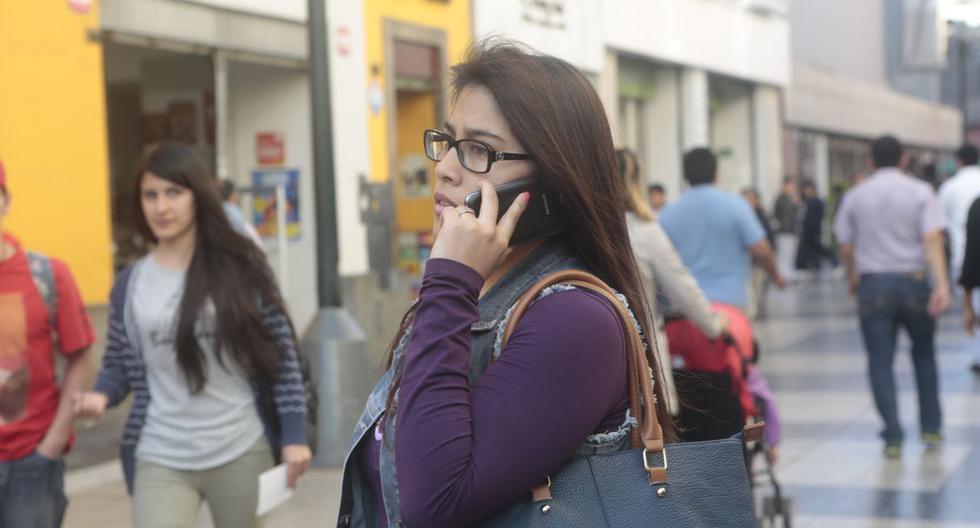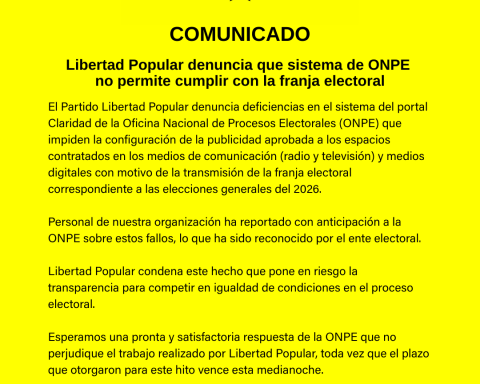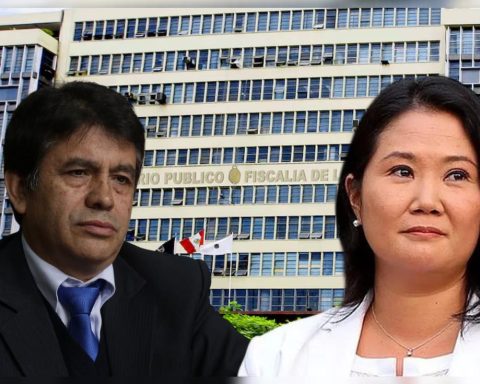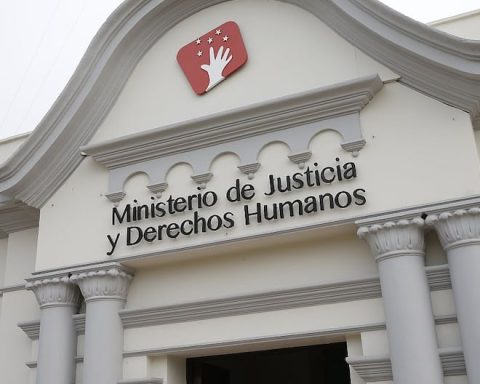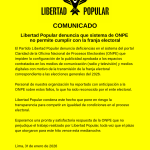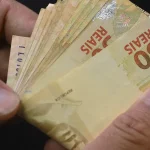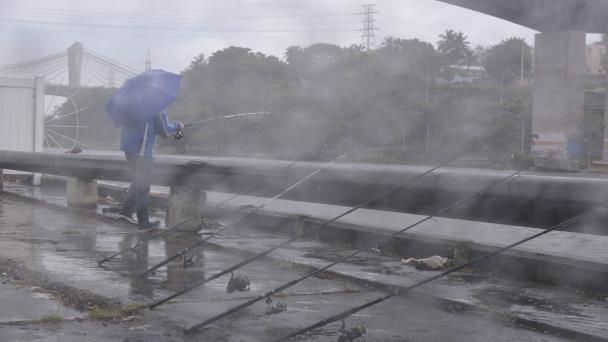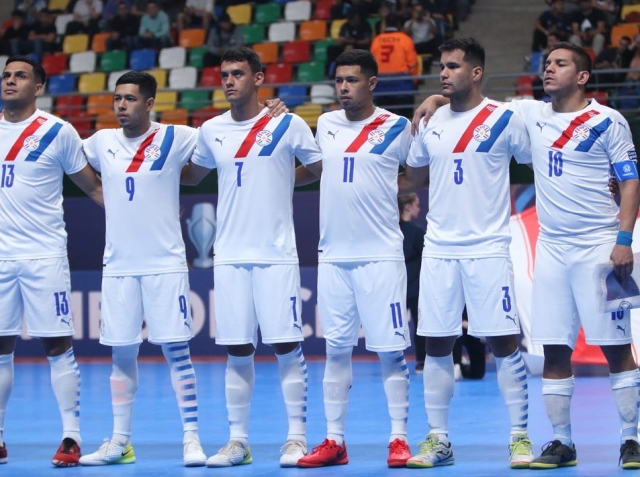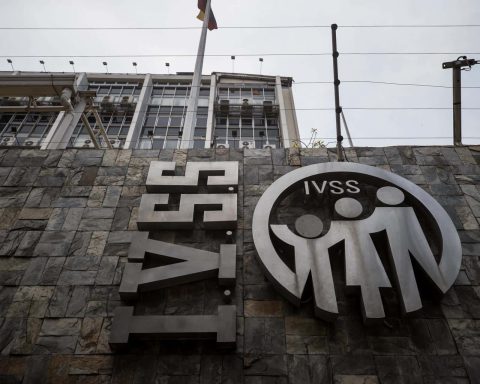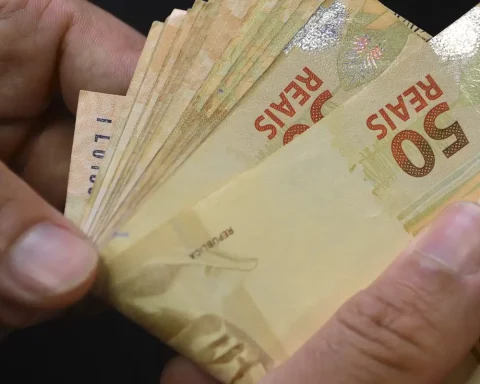“Hello. We are from company ‘X’ and we want to tell you that you have been selected for this promotion. Do you authorize us to continue with the call?” Surely this type of communication, or something similar, is already known to you, and like many Peruvians, you are tired of receiving it.
The director of the National Authority for Consumer Protection of the Indecopi, Ana Peña Cardoza, explained that on average a person receives between four and six calls a day for sales and promotions, or spam. This figure was known after the institution conducted a survey of 10,833 citizens across the country.
In addition, there are 76% of consumers who say they have not provided their consent and do not know why they are being contacted since they are not customers of the company.
“The rule is that, for the company to contact them, it must have the consent (of the person)”, he explained and detailed that whoever fails to comply can receive a fine of up to 450 UIT (currently it would be S/2,070,000).
But calls are not the only means of contact for offers and promotions. Text messages, WhatsApp and, to a lesser extent, emails are also used.
What will the institution do? As these invasive communications are becoming more constant, Indecopi is preparing a work plan that would have it ready in a month. These proposals could include a bill that would be sent to Congress. They are also evaluating international experiences.
“In other countries we have seen that there is self-regulation (…). This could lead to companies making a pact not to call without the consumer’s consent,” he stated.
Look: Economy and employment slow down: GDP expanded only 1.41% in July
PROJECT FOR DEBATE
In the Congress a separate job will be done. The Popular Force (FP) bench presented a bill that modifies the Consumer Protection and Defense Code and proposes that only information and advertising be sent to consumers who contact the provider directly and request it. This proposal is in the Consumer Defense Commission for debate.
“It will be considered an aggravating circumstance that the provider contacts consumers considered vulnerable and the burden of proof, in administrative sanctioning proceedings, will fall on the provider, who must prove that they have the consumer’s consent,” reads the legislative proposal.
The leader of Competition and Markets at EY Law, Mario Zúñiga, considered that some criteria can be established, such as, for example, hours and days when you can call.
“It can also be established that if there is no initial consent, it cannot be called again for a while,” he explained.
He also pointed out that more dissuasive fines have to be imposed. In addition, it is necessary, he specified, to identify and control in greater depth how companies obtain the numbers of people who have never had contact with them.
DATA
-The communications that are carried out the most are telecommunications, health and financial entities.
-Most calls are made from Monday to Friday, although 52% of people say they also receive them on weekends and holidays.
